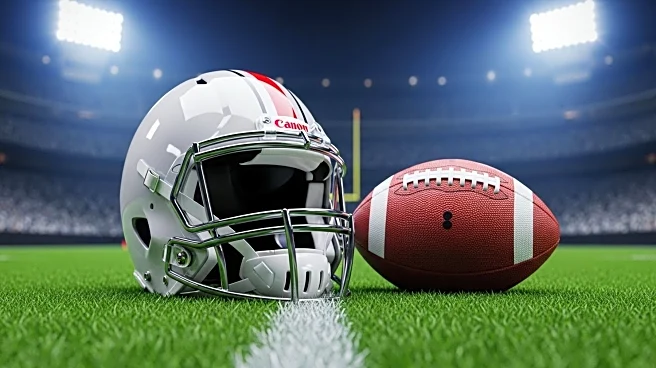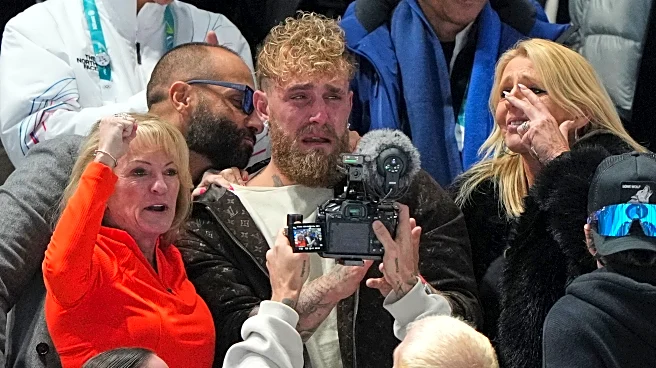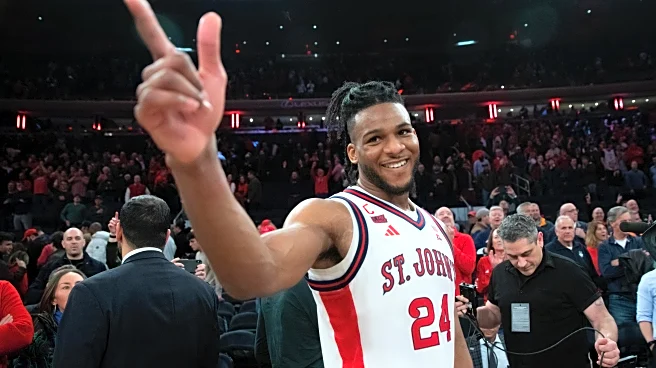What's Happening?
The United Football League (UFL) has announced significant changes for its upcoming 2026 season, including the introduction of three new franchises and the rebranding of existing teams. The new teams, Columbus Aviators, Louisville Kings, and Orlando Storm, will join the league, playing in stadiums with strong local sports affiliations. Additionally, the Arlington Renegades will be renamed the Dallas Renegades, and the Houston Roughnecks will become the Houston Gamblers, reflecting their new venues and historical ties. The league aims to enhance fan experience by playing in smaller, more intimate venues, and will operate as a united eight-team league without conference divisions.
Why It's Important?
These changes mark a strategic expansion and rebranding effort by the UFL to strengthen its presence in key markets and enhance fan engagement. By relocating teams to venues with established sports communities, the league is positioning itself to attract a broader audience and increase attendance. The rebranding of legacy teams aligns with historical identities, potentially boosting local support and loyalty. This expansion reflects the league's ambition to grow its footprint and compete with other professional football leagues, offering new opportunities for local economies and sports enthusiasts.
What's Next?
The UFL plans to announce head coaches and unveil new uniform designs for all teams soon. The league's 2026 season will commence on March 27, with a 43-game schedule to be released later. Season ticket deposits are currently available, and existing season ticket holders will receive further communication regarding venue changes. The league's strategic focus on smaller venues and fan-driven experiences suggests ongoing efforts to cultivate a dedicated fan base and ensure long-term growth.
Beyond the Headlines
The UFL's expansion and rebranding efforts may influence other sports leagues to consider similar strategies for growth and fan engagement. The focus on smaller venues could set a precedent for creating more intimate and engaging sports experiences, potentially reshaping how professional sports are marketed and consumed. Additionally, the league's alignment with historical team identities may foster deeper community ties and cultural significance within the sports landscape.











